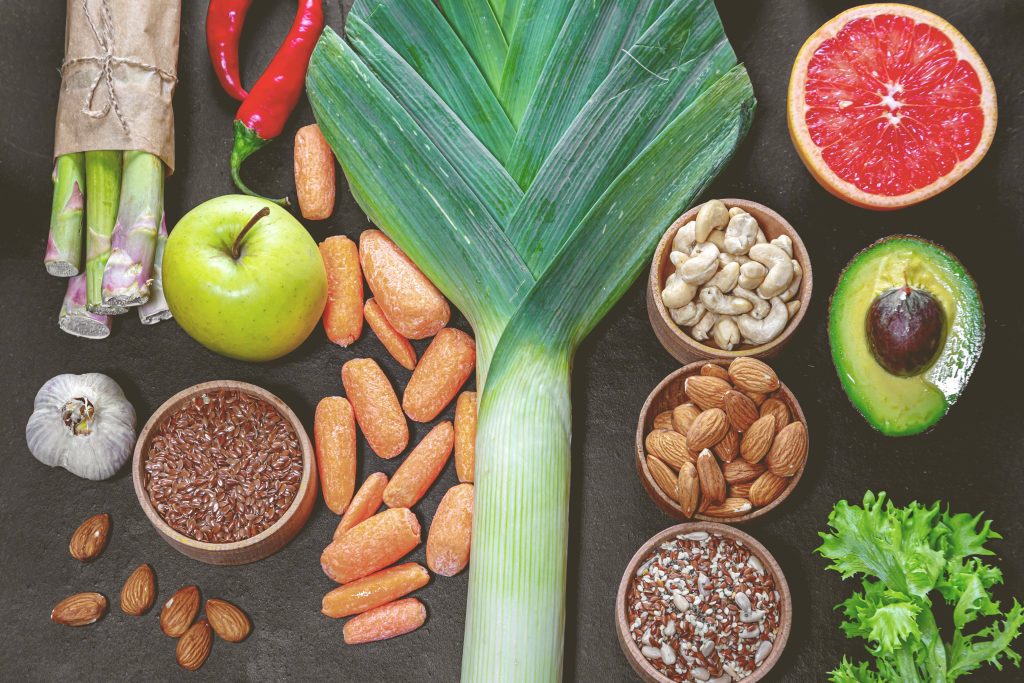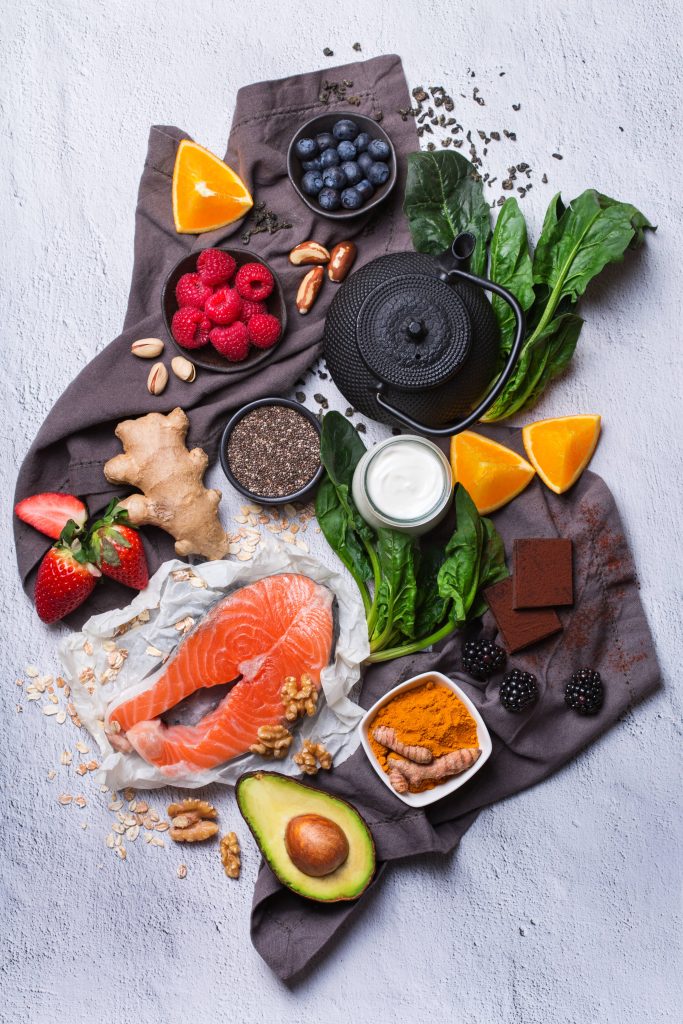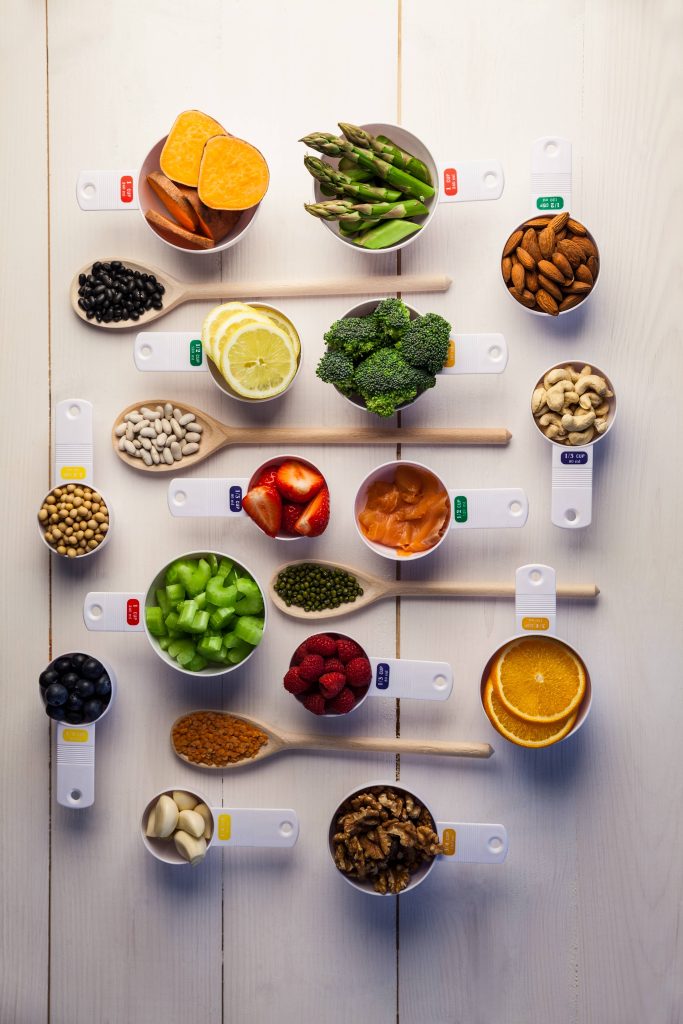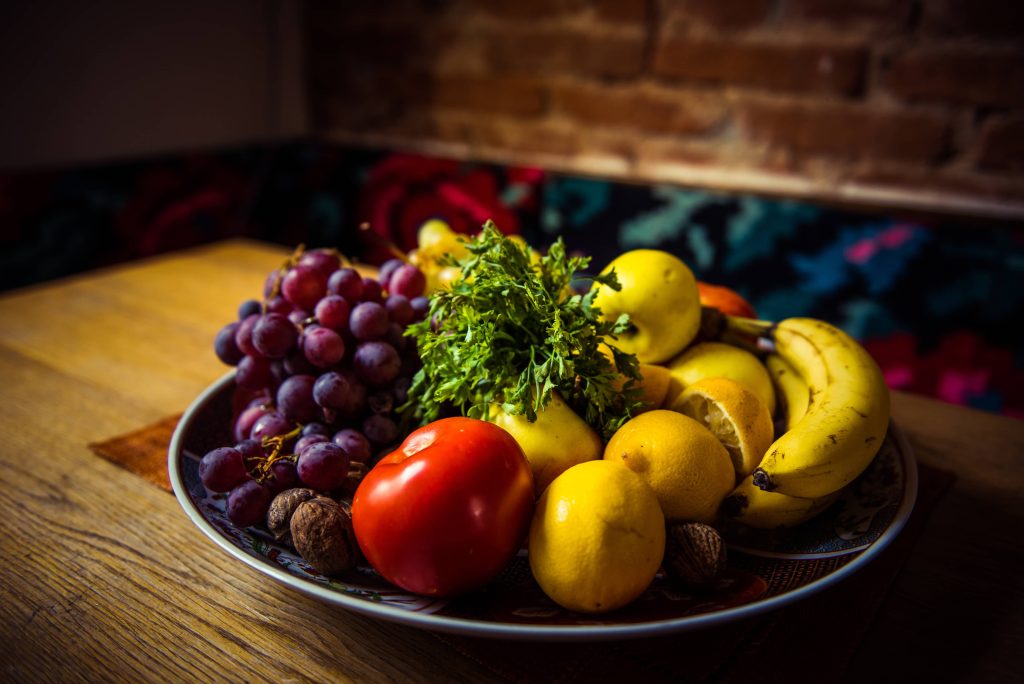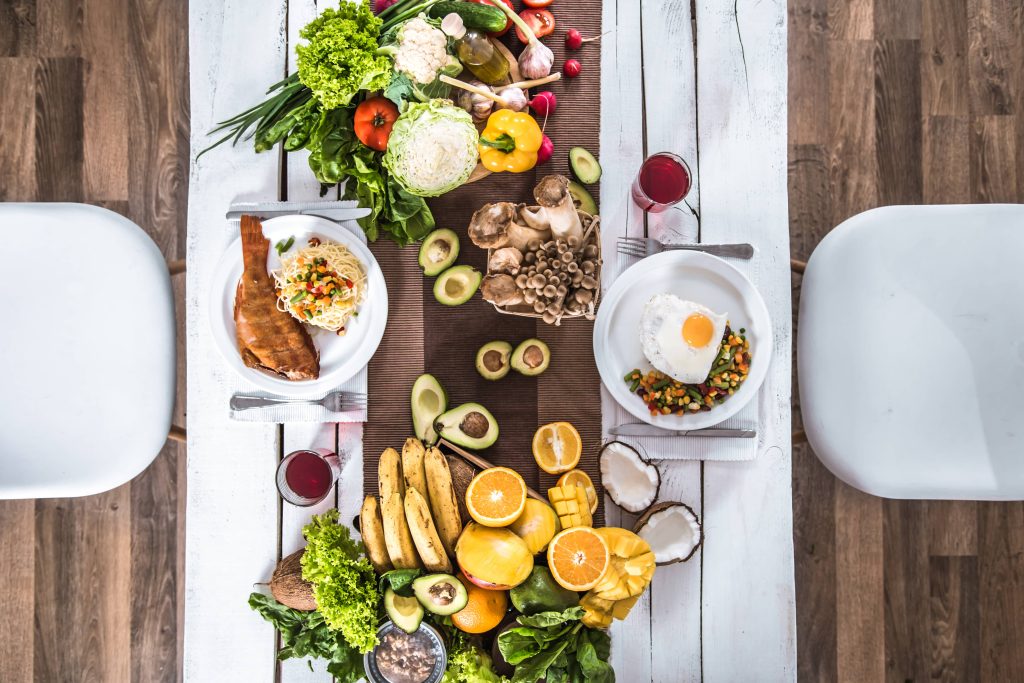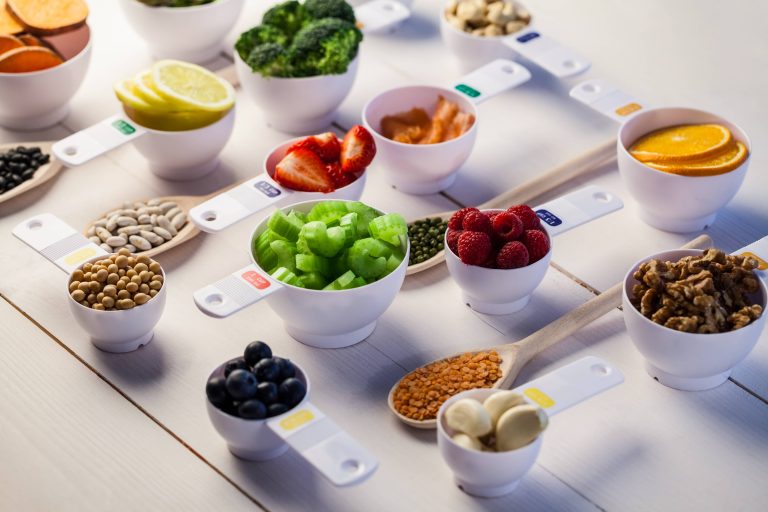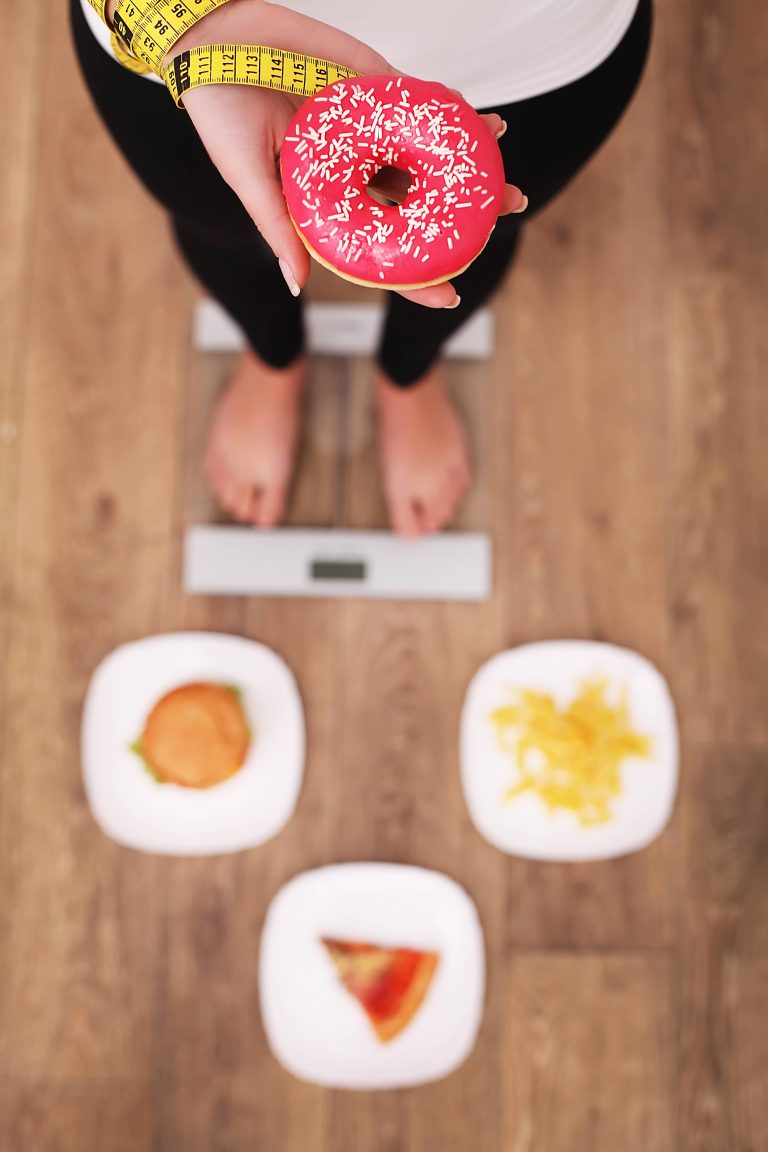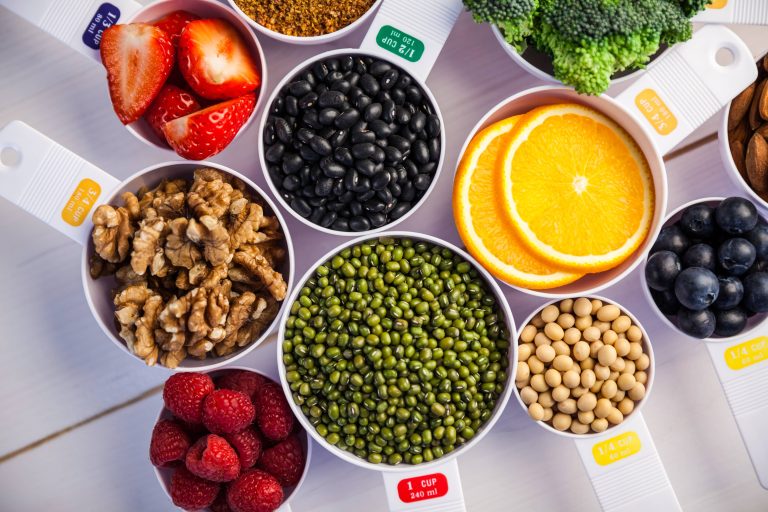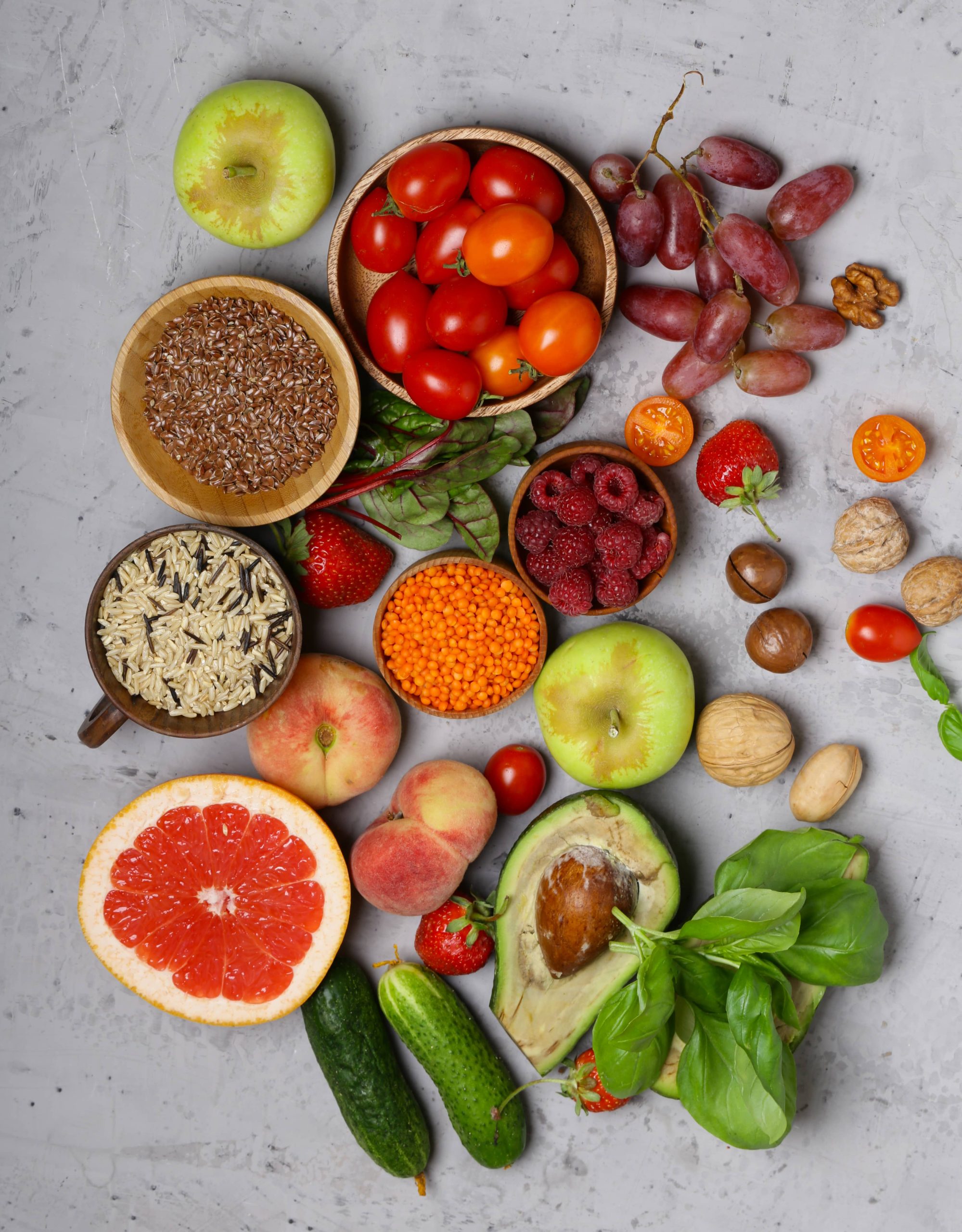
Pregnancy is a profound journey that brings with it a cascade of physiological changes and nutritional demands, both of which play pivotal roles in the health of both the expecting mother and her developing baby. Among the various nutrients, iron holds a position of paramount importance. Understanding the significance of iron during pregnancy not only ensures the well-being of the mother but also sets the foundation for the baby’s growth and development.
Understanding Iron and Its Role
Iron is a vital mineral crucial for the formation of hemoglobin, a protein in red blood cells responsible for carrying oxygen from the lungs to the rest of the body. During pregnancy, a woman’s blood volume increases by about 30-50% to support the growing fetus and placenta, which significantly raises the demand for iron. Adequate iron levels ensure that both the mother and the baby receive sufficient oxygen, preventing potential complications such as anemia, preterm delivery, and low birth weight.
The Increased Demand for Iron During Pregnancy
The need for iron doubles during pregnancy. While non-pregnant women require about 18 mg of iron daily, expecting mothers need around 27 mg. This increase supports the production of extra blood and contributes to the growth and development of the fetus and placenta. Unfortunately, many women enter pregnancy with suboptimal iron stores, making it crucial to address iron intake early on.
Consequences of Iron Deficiency in Expecting Mothers
Iron deficiency is the most common nutritional deficiency worldwide, particularly among women of childbearing age. During pregnancy, iron deficiency can lead to iron-deficiency anemia, characterized by fatigue, weakness, and pale skin. For the mother, severe anemia can cause complications such as heart palpitations, increased susceptibility to infections, and postpartum depression.
For the developing baby, the consequences of maternal iron deficiency can be severe. It can lead to preterm birth, low birth weight, and impaired neurodevelopmental outcomes. Studies suggest that adequate maternal iron levels promote optimal cognitive and behavioral functions in children.
Sources of Iron: What to Include in Your Diet
Iron can be obtained from diverse dietary sources, divided into two categories: heme and non-heme iron. Heme iron, found in animal products like red meat, poultry, and fish, is readily absorbed by the body. Non-heme iron, found in plant-based sources like lentils, beans, spinach, and fortified cereals, is less efficiently absorbed but can be boosted by consuming vitamin C-rich foods such as citrus fruits, tomatoes, and bell peppers alongside them.
Here’s a list of iron-rich foods that expecting mothers can incorporate into their diets:
1. Red Meat: Beef and lamb are excellent sources of heme iron. Lean cuts are preferable to reduce saturated fat intake.
2. Poultry and Fish: Chicken and turkey contribute to iron intake, while oily fish like salmon provide additional omega-3 fatty acids, beneficial for fetal brain development.
3. Legumes: Lentils, chickpeas, and beans are rich in non-heme iron and dietary fiber, promoting healthy digestion.
4. Leafy Greens: Spinach and kale not only provide iron but also folate, another crucial nutrient during pregnancy.
5. Seeds and Nuts: Pumpkin seeds, sesame seeds, almonds, and cashews are tasty snacks that offer iron and healthy fats.
6. Fortified Cereals: Many breakfast cereals are fortified with iron, making them an easy way to boost daily intake.
The Role of Supplements
While a balanced diet is crucial, some expecting mothers may find it challenging to meet their increased iron needs through food alone. This is where iron supplements come in. Prenatal vitamins often contain iron, but it’s essential to consult with a healthcare provider before starting any supplement to ensure proper dosage and avoid potential side effects such as gastrointestinal discomfort.
Iron Absorption: Enhancing and Inhibiting Factors
Understanding factors that affect iron absorption can help maximize intake. Vitamin C is well-known for enhancing non-heme iron absorption, while certain substances like calcium, tannins (found in tea and coffee), and phytates (present in whole grains and legumes) can inhibit it. To optimize iron absorption, it’s advisable to consume iron-rich meals separately from calcium-rich foods and beverages or those high in tannins.
Monitoring and Managing Iron Levels
Regular prenatal check-ups typically include blood tests to monitor iron levels. If deficiency is detected, a healthcare provider may recommend dietary adjustments or prescribe iron supplements. Close monitoring ensures that both mother and baby remain healthy throughout the pregnancy journey.
Conclusion
The significance of iron for expecting mothers cannot be overstated. As a fundamental component in supporting increased blood volume, oxygen transportation, and fetal development, iron is a cornerstone nutrient during pregnancy. Ensuring adequate iron intake through a balanced diet—supplemented as necessary—protects the health of both the mother and her developing baby.
Expecting mothers should prioritize regular consultations with their healthcare provider to tailor a nutrition plan that addresses their specific needs, paving the way for a healthy pregnancy and beyond. By understanding the critical role of iron, mothers can make informed choices that benefit not only their own health but also that of their child, setting the stage for a bright and flourishing future.

